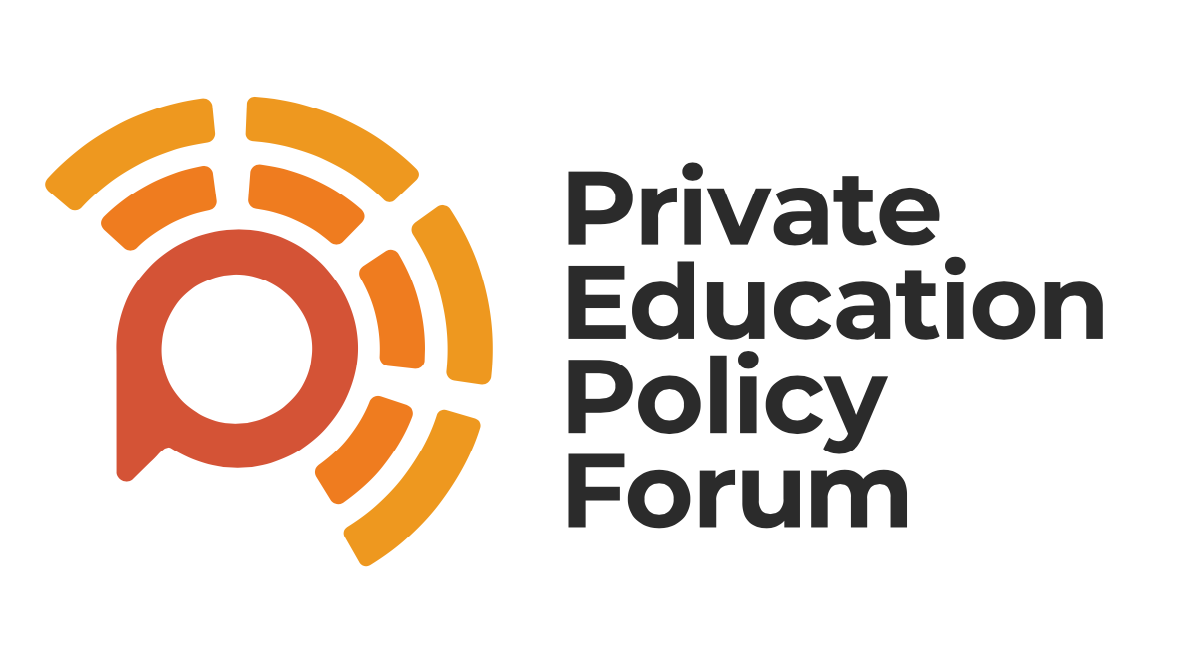
Adam D’Souza
The April 2020 budget includes a suggestion that independent schools’ business rate relief is going to be reviewed, and could be scrapped as early as April 2021.
The Times reported the story in language that was adversarial, implying that these schools are engaging in tax avoidance. Predictably, the article cited Eton College as being representative of a sector that educates more than 600,000 children across the country.
But if our schools were to experience a business rate hike, we would have to pass this cost on to parents with fee increases.
This would make independent schools even less accessible to anyone other than the most privileged – the very opposite of reformers’ hopes.
This policy announcement from the government is another attack on an embattled sector. The prevailing narrative from politicians and the media is that we must be punished.
Photographs of top-hatted boys in tailcoats ooze entitlement from any newspaper article on independent schools. On the other hand, every year sees a growth in bursary funding and partnership projects.
Independent school heads are justified in feeling defensive about policy changes since everything our schools do seems to be met with resentment and criticism.
Yet this is set against a backdrop of a dire shortage of school places. Independent schools could play a more valuable role in educating our nation’s children if we embraced a more collaborative relationship between them and the state.
Most independent schools are charities. We cannot make a “profit”, so any surpluses are ploughed back into educating our pupils.
Of course, there is a very small cohort of large, mostly boarding, independent schools which could absorb a hike in business rates.
These schools would sacrifice improvement in facilities, which are made available to the community, or reduce bursary funding.
However, the reality is that most independent schools, the majority of which are local day schools rooted in their communities, do not have fat budgets, nor are our parents all multi-millionaires with the capacity to brush off unlimited fee increases.
The cost of removing business rates exemption would, almost inevitably, be parents withdrawing children and possible bankruptcy.
For the sake of a quick media splash in the papers today, the government could end up committing itself to billions in long-term spending. The annual cost of absorbing the 600,000 pupils in ISC private schools into the state sector would be around £3 billion a year.
There is a better way.
If the government and independent schools worked together, we could level up education across the country, and reduce the burden on squeezed schools.
Let’s look for inspiration overseas. In India, there is none of the bizarre inverse snobbery about independent schools we have here. About 29 per cent of Indian children are educated privately.
Indian law makes it compulsory for private schools to provide reserved places for children from “scheduled castes”, the poorest and most in need groups in society.
Crucially, these places are funded by the state at the same per-pupil rate as government schools. We should do the same in the UK.
We could start with five per cent of places in independent schools reserved for children from low-income backgrounds – an argument I made at the recent Private School Policy Reform: London 2020 debate (watch here from 39:40).
This would amount to roughly one pupil per class, or 30,000 children nationwide, the equivalent of thirty full secondary schools.
Of course, many critics will decry this as not being anything like enough. They are right.
Eventually the proportion of reserved places could and should raise to around 20-25 per cent, although this will need to be phased over a few years.
A “shock treatment” approach, in which independent schools were required to absorb a large proportion of pupils immediately, would undermine the aim of the policy, since smaller, inclusive day schools in regional cities and small towns running on already tight budgets would likely go bust. This would leave the elite of premium boarding schools blithely sailing onwards.
The Thatcher government established something along these lines with the controversial Assisted Places scheme. The difficulty with this approach was that it committed the state to paying a high per-pupil fee. The Blair government then scrapped it in 1997.
A system of means-tested reserved places, available through the local authority application process, and funded by the state at the same per-pupil level as state schools would embrace independent schools and allow them to be greater contributors to social mobility.
We have to ask: what do we want from our education system as a society?
Do we want children who are well educated to face the challenges of tomorrow’s world? Or are we willing to grind down standards on the altar of so-called equality?
As a teacher, I want every child, regardless of background, to have the chance to attend a great school in their community. Virtue signalling and ideological school-bashing does not improve education for our most in need children.
Adam D’Souza teaches in an ISC senior day school in London. In his previous role, he led a teacher professional learning programme which brought together staff from an independent school with those from a state free school in one of London’s most deprived areas. D’Souza has written on education for the Telegraph and TES. You can watch the whole PEPF panel debate at which D’Souza spoke here.



